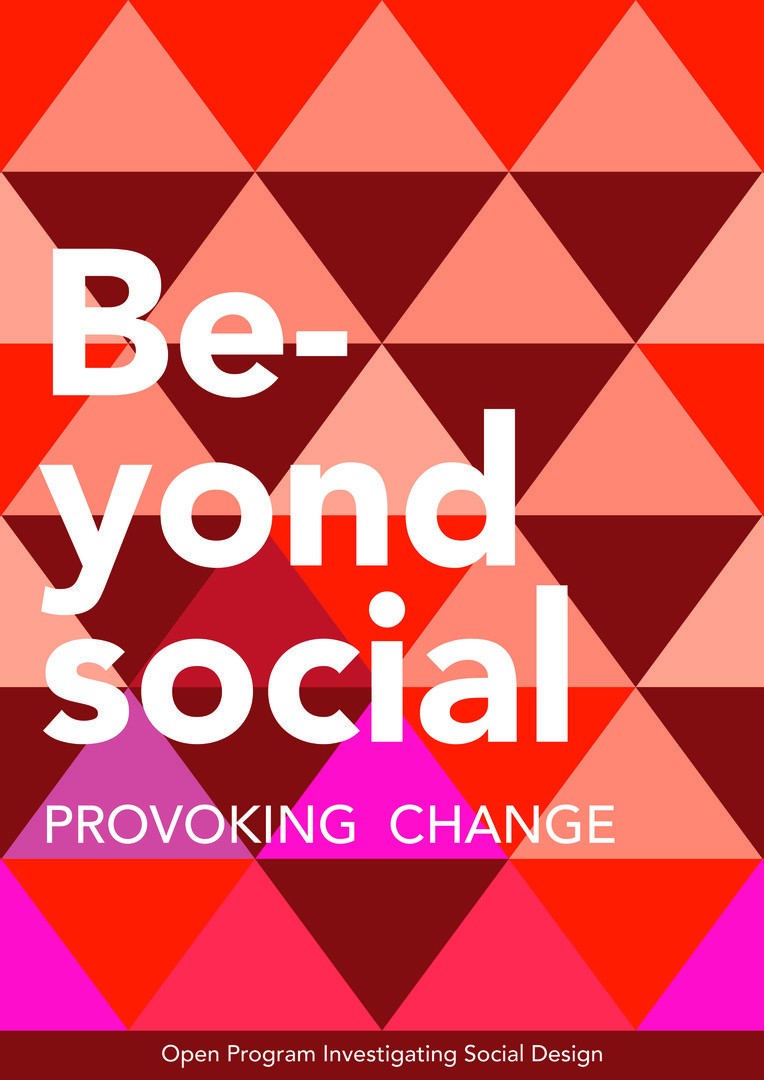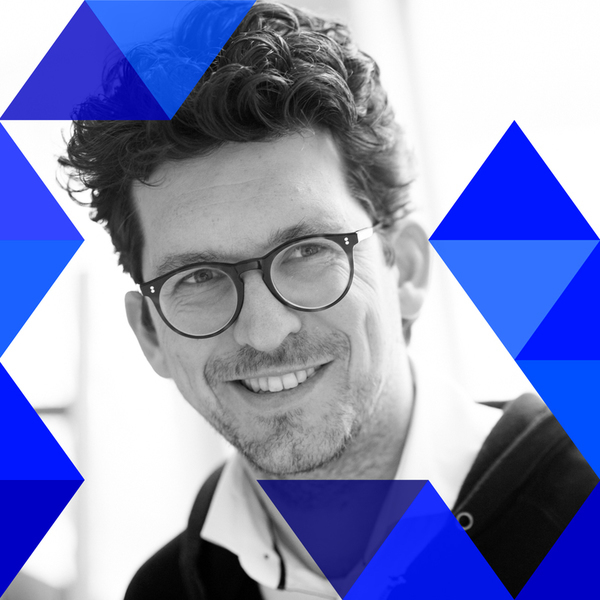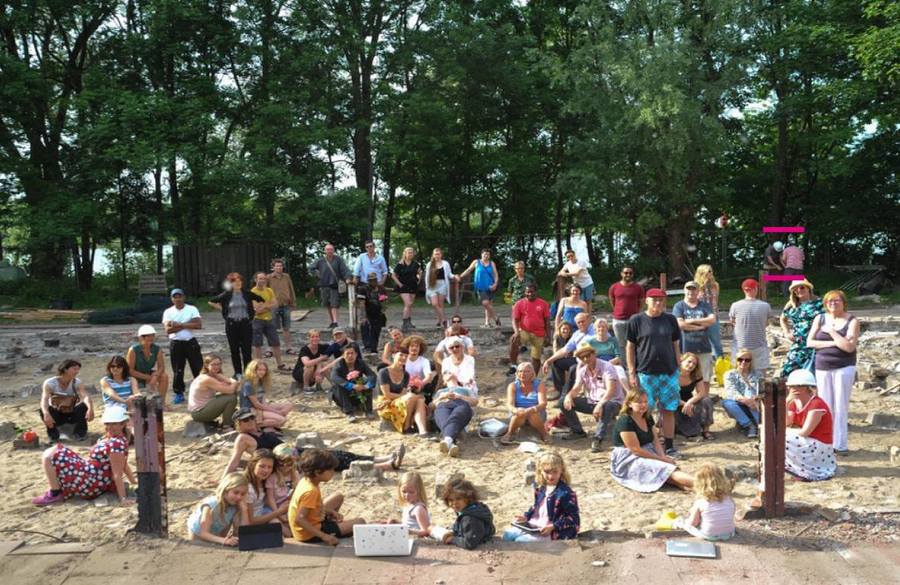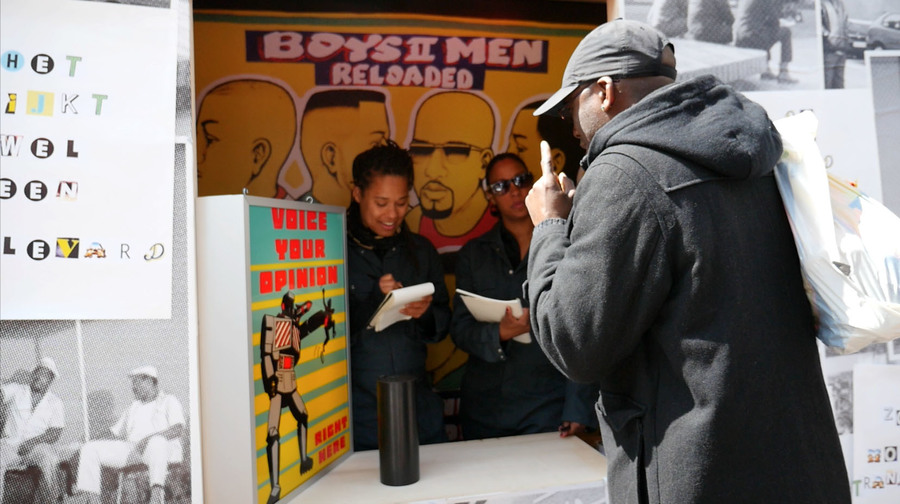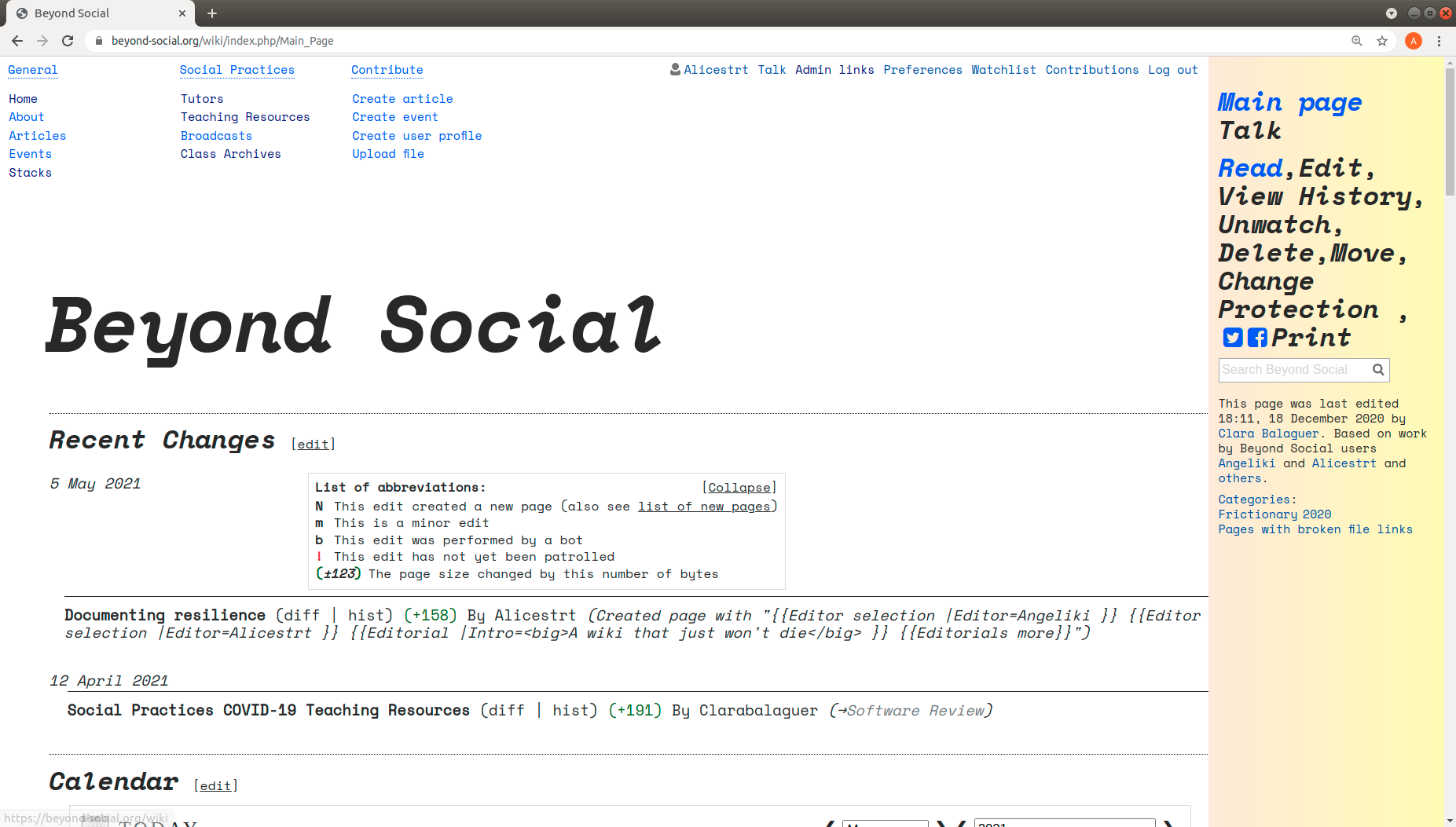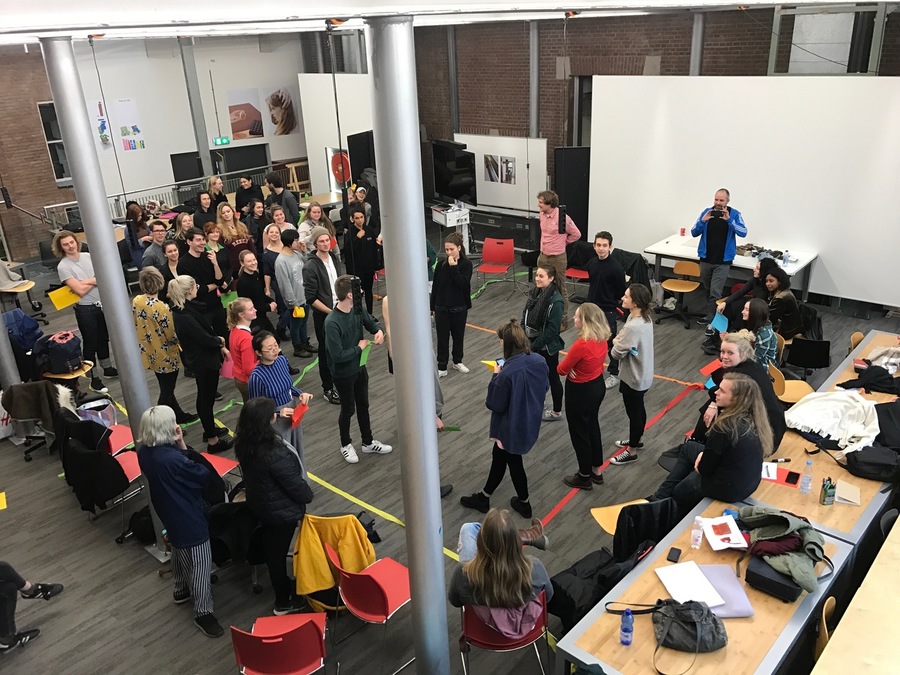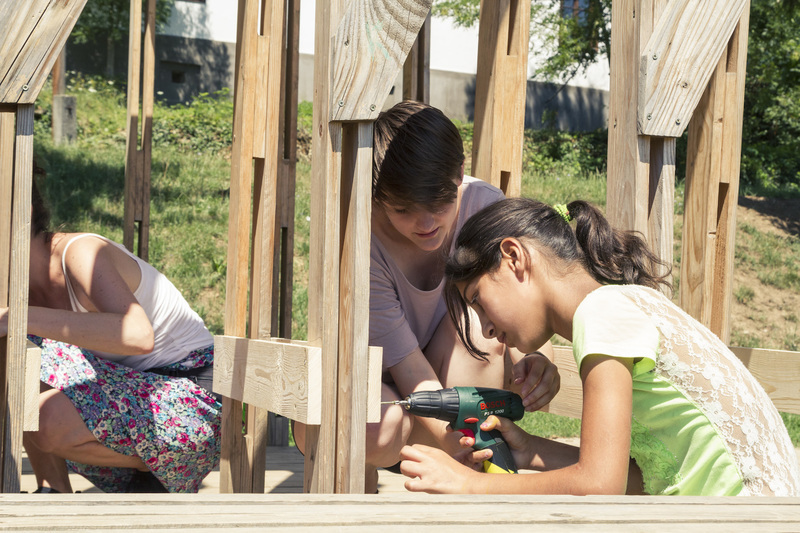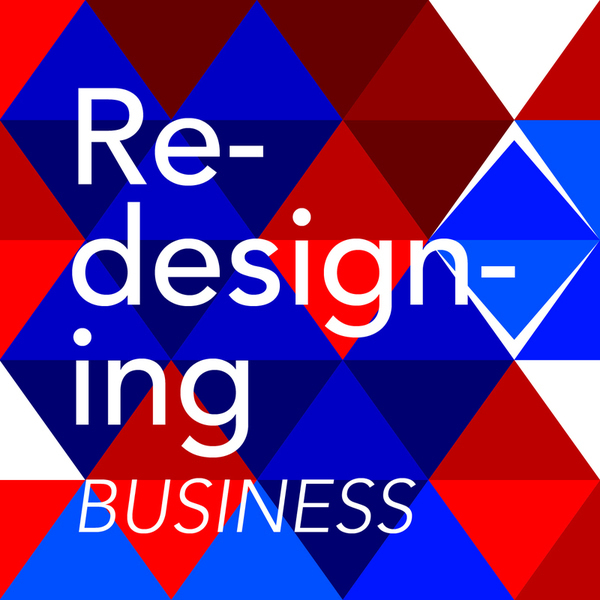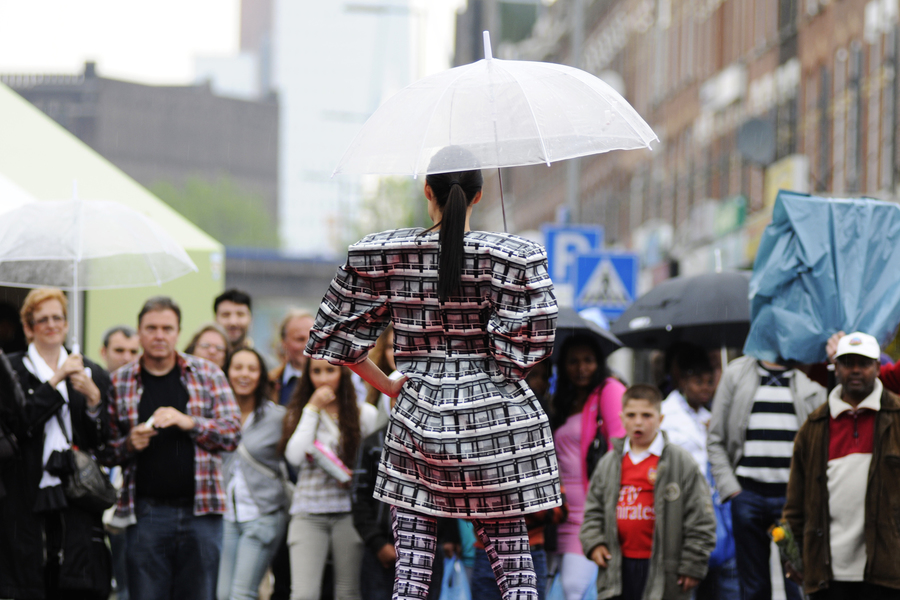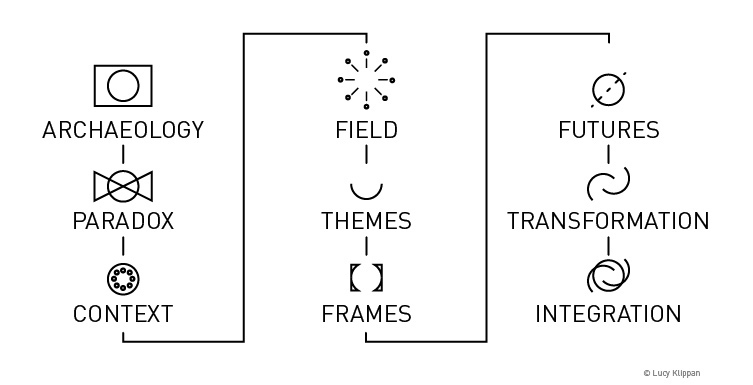Difference between revisions of "Provoking Change"
| Line 34: | Line 34: | ||
}} | }} | ||
{{Article Selection | {{Article Selection | ||
| − | |Article= | + | |Article=Creating a more inclusive experience of space in general and urban space in specific |
| + | |Notes=The reason I selected this article is that Afaina's essay is entered around one of the important issues affecting social designers: public space and spatial inequality and hierarchies. As she writes, "this slow death of public space is a contributing factor in the growth of non-inclusive cities that lack social coherence and actual participation." It is essential that we think about this and actively fight for a more inclusive public space. | ||
}} | }} | ||
{{Editorials more}} | {{Editorials more}} | ||
{{#default_form:Editorial}} | {{#default_form:Editorial}} | ||
Revision as of 17:37, 19 February 2018
Introduction
OPEN CALL
This issue of Beyond Social discusses different strategies of change in relation to current social issues. You are cordially invited to, from a designer perspective, compare your own practice with current innovations and theories in the field of social design and to address questions of change: what are our thoughts on how to bring about change as a designer or artist?
As a social designer, we hope to make meaningful changes to the people and the environment for whom we are designing. There are different perspectives on how to initiate this change. According to Pascal Gielen (2011), some of these changes focus more on working with the power structures and trying to make a difference within the boundaries of the 'System World'. Others try to make a stance against the current power structures (Gielen, 2011).
How do we ensure that the commons truly benefit from the changes we bring about, as opposed to the institutions? How do we cope with repressive liberalism, which is embodied in things like “Corporate Social Responsibility” and “Sustainability”? In other words, do we try to challenge system standards from the inside, do we pose an alternative system or do we take a radical position against the current system?
Feel free to contribute by adding an article on Beyond Social!
Selected articles
30 October 2018 19:40:48 by Rümeysa Önal
23 October 2018 19:28:43 by Rümeysa Önal
23 November 2017 21:08:40 by Iris Schutten
Speak the language. Speak the language of different social groups, the language of the business world, the language of government. The language of the art world.
If you do not speak the language of the person in front of you, you start with a disadvantage. And in social art, the person in front of you can be anybody.
22 October 2018 19:32:23 by Rümeysa Önal
